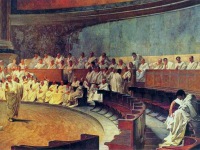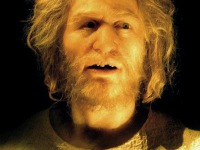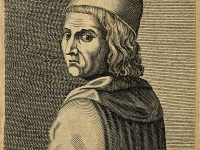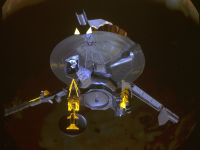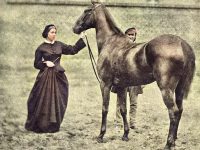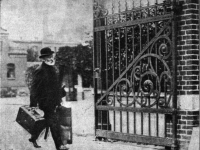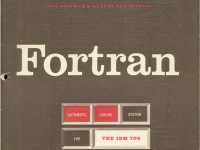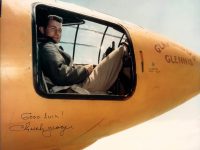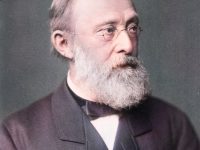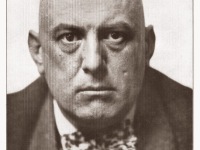Quo usque tandem, Catilina – Cicero and the Catilinarian Conspiracy
On October 21, 63 BC, Roman philosopher, politician, and orator Marcus Tullius Cicero presented evidence to the members of the Roman senate as proof that Lucius Sergius Catilina was preparing a conspiracy to overthrow the Roman Republic, and in particular the power of the aristocratic Senate. Actually, the Catilinarian Conspiracy is one of the best-documented episodes of ancient history. It was the attempted seizure of power at Rome by the disaffected aristocrat Catiline. Marcus…
Read more

